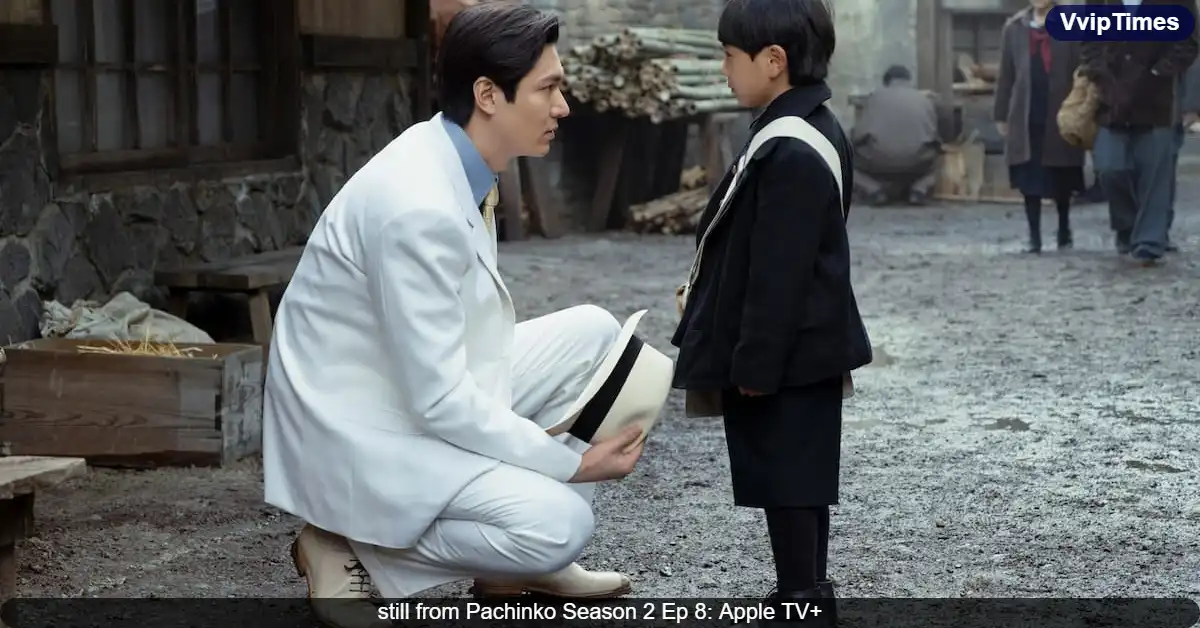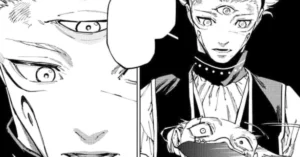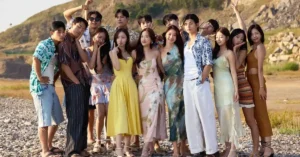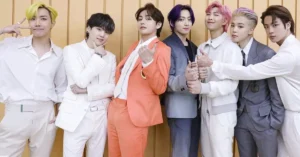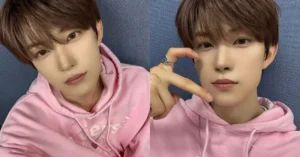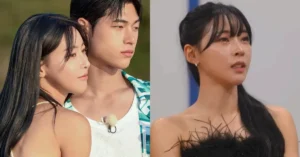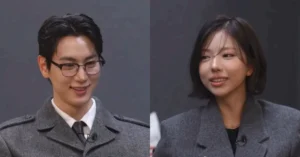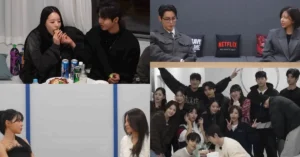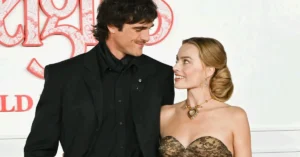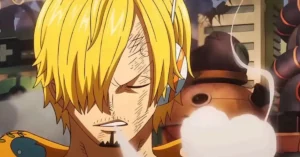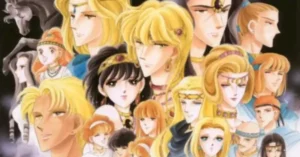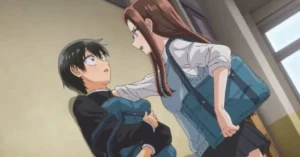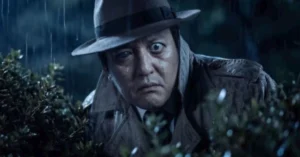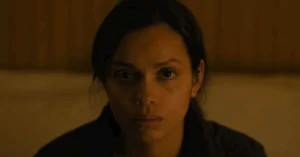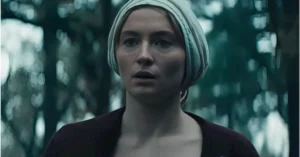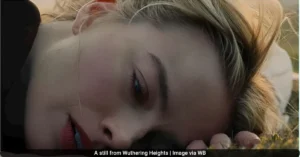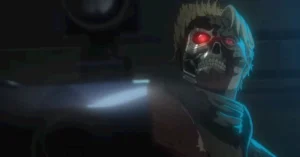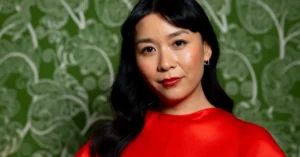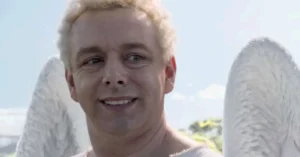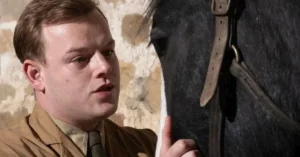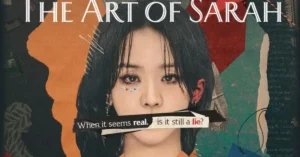Pachinko Season 2 Episode 8 Recap and Review
The final episode of Pachinko Season 2 aired on October 11, bringing an emotional end to the gripping family saga. Starring Kim Min Ha, Lee Min Ho, Jin Ha, and Youn Yuh Jung, the show traces the journey of a Korean immigrant family across generations, blending their personal experiences with the backdrop of political and cultural upheaval.
Plot Summary
Season 2 delves deeper into the lives of Sun Ja’s family as they navigate the chaotic times of 1945 Japan, in the midst of World War II. The series splits between Sun Ja’s past and present, with her grandson, Baek Solomon, facing his own set of struggles in 1989 Tokyo. As a Korean raised in Japan, Solomon grapples with the hardships of fitting into a world dominated by discrimination and war-driven politics.
The episode brings closure to many of the central conflicts. Sun Ja, who had been quietly holding her family together, experiences both joy and heartache as the war tears their lives apart. Meanwhile, Ko Han Su (played by Lee Min Ho) warns her of the impending danger, emphasizing how the war will drastically change everything. Sun Ja’s interactions with her children and grandchildren form the emotional core of this finale.
In parallel, Solomon’s story in 1989 Tokyo shows him struggling to find his footing in a world that sees him as an outsider. His journey reveals the lasting impacts of war and generational trauma on immigrant families.
Highlights and Performances
The strength of Pachinko lies in its subtle storytelling. The series avoids heavy-handed drama, instead opting for nuanced emotional beats. The silences, the soft exchanges, and the detailed world-building are what make this drama stand out.
Kim Min Ha continues to shine as Sun Ja, capturing the essence of a woman carrying the weight of her family. Lee Min Ho‘s portrayal of Ko Han Su is another standout, especially in moments where his character’s internal struggles surface. Jin Ha, playing Baek Solomon, brings complexity to a man caught between two identities, while Youn Yuh Jung gracefully embodies the role of the elder Sun Ja.
The supporting cast, including the young actors portraying Sun Ja’s sons Noa and Mozasu, give powerful performances, especially in their emotional scenes. Noa’s storyline, especially his troubled relationship with his father Ko Han Su and mother Sun Ja, is explored with depth in this final episode.
Positives
- Performances: Each actor delivers a standout performance, elevating the emotional gravity of the storyline.
- World-Building: The attention to detail in the costumes, sets, and historical context immerses viewers in the time period.
- Cultural and Political Themes: The show tackles complex topics like war, class divides, and discrimination without being overbearing.
- Emotional Depth: The final episode brings deep emotional satisfaction, with family dynamics at the forefront.
- Cinematic Quality: From the lighting to the props, everything feels carefully crafted to tell a powerful story.
Negatives
- Slow Pace: For viewers seeking fast-paced drama, certain arcs may feel slow or lacking in excitement.
- Language Barrier: With a blend of Korean, Japanese, and English, some viewers might find it challenging to follow without subtitles.
Final Episode Review
The final episode of Pachinko Season 2 provides the emotional payoff that viewers have been waiting for. From the revelation of Noa’s arc to the unraveling of secrets between Sun Ja and Mr. Kato, this episode manages to tie together numerous storylines with grace and tension. As Noa confronts the truth about his father, the strain in his relationship with his family is palpable, and it leads to a powerful moment of realization.
One of the episode’s strongest moments is the intense scene between Noa, Sun Ja, and Ko Han Su, where family secrets come to light. The tension is heightened by brilliant performances, especially in the moments of quiet sorrow expressed by the characters.
Another pivotal storyline in this episode involves Mr. Kato, whose past is explored, leading Sun Ja to sever ties with him. This subplot underlines the show’s recurring theme of how the past lingers and shapes present relationships.
Pachinko doesn’t rely on grand gestures or cliffhangers. Instead, it captivates through its emotional storytelling, exploring generational trauma, cultural identity, and the complexities of family. Though a third season has not been confirmed, the conclusion of this season leaves room for future exploration.
Keep an eye on VvipTimes, and allow notifications from us to let you know the latest developments about Pachinko.

